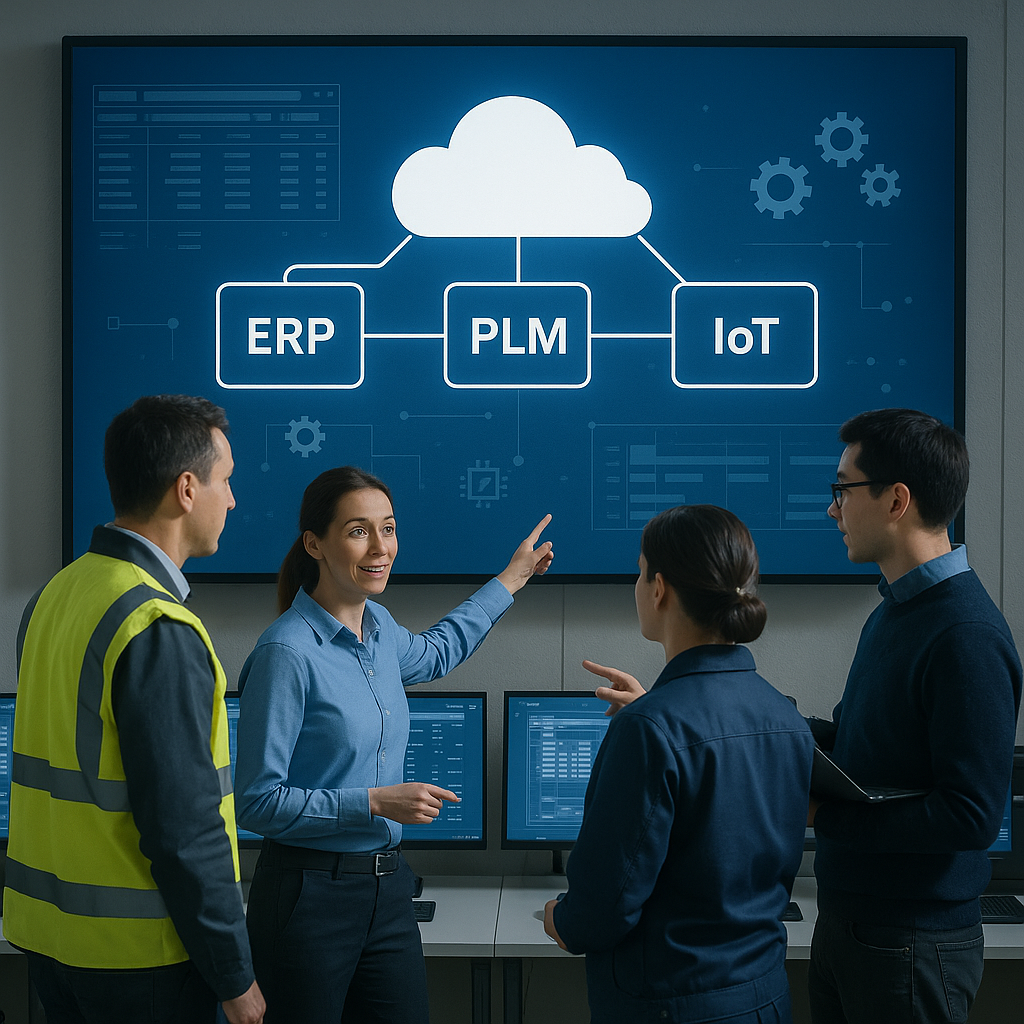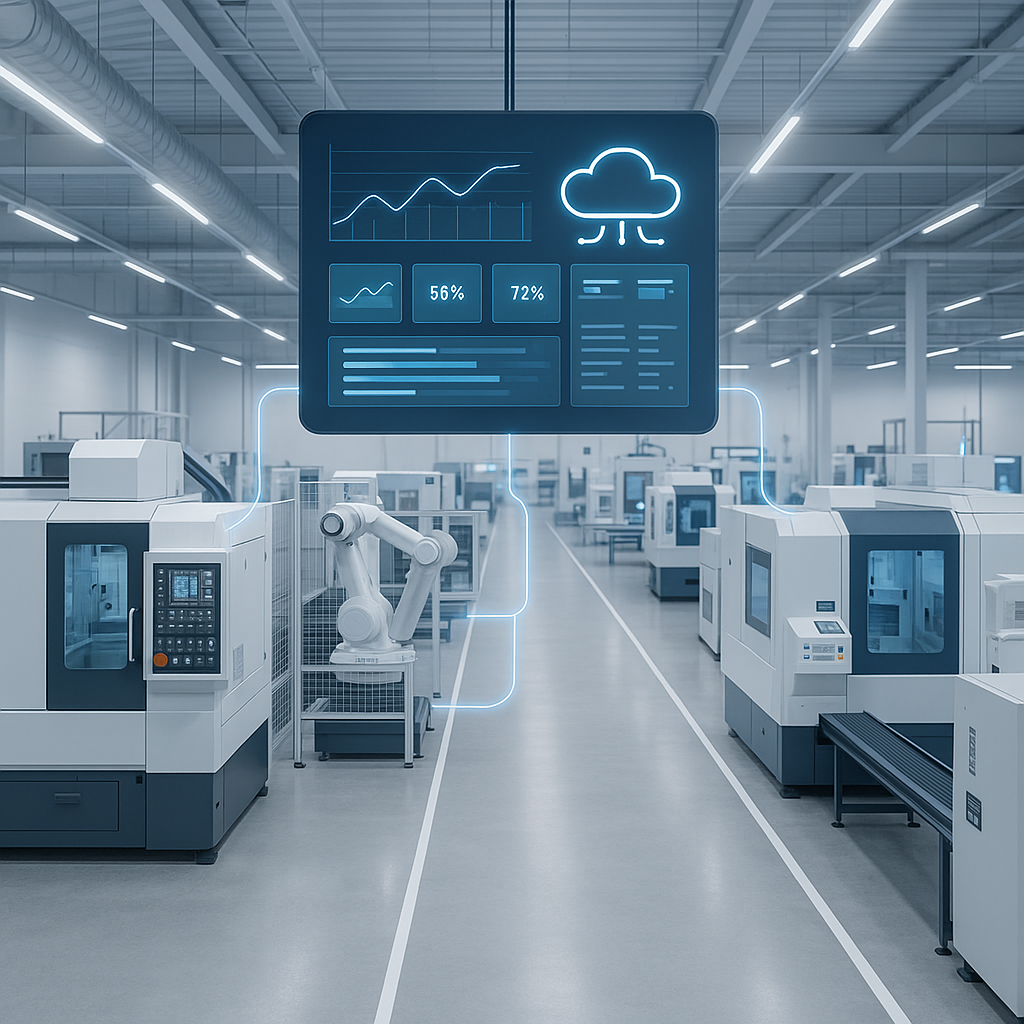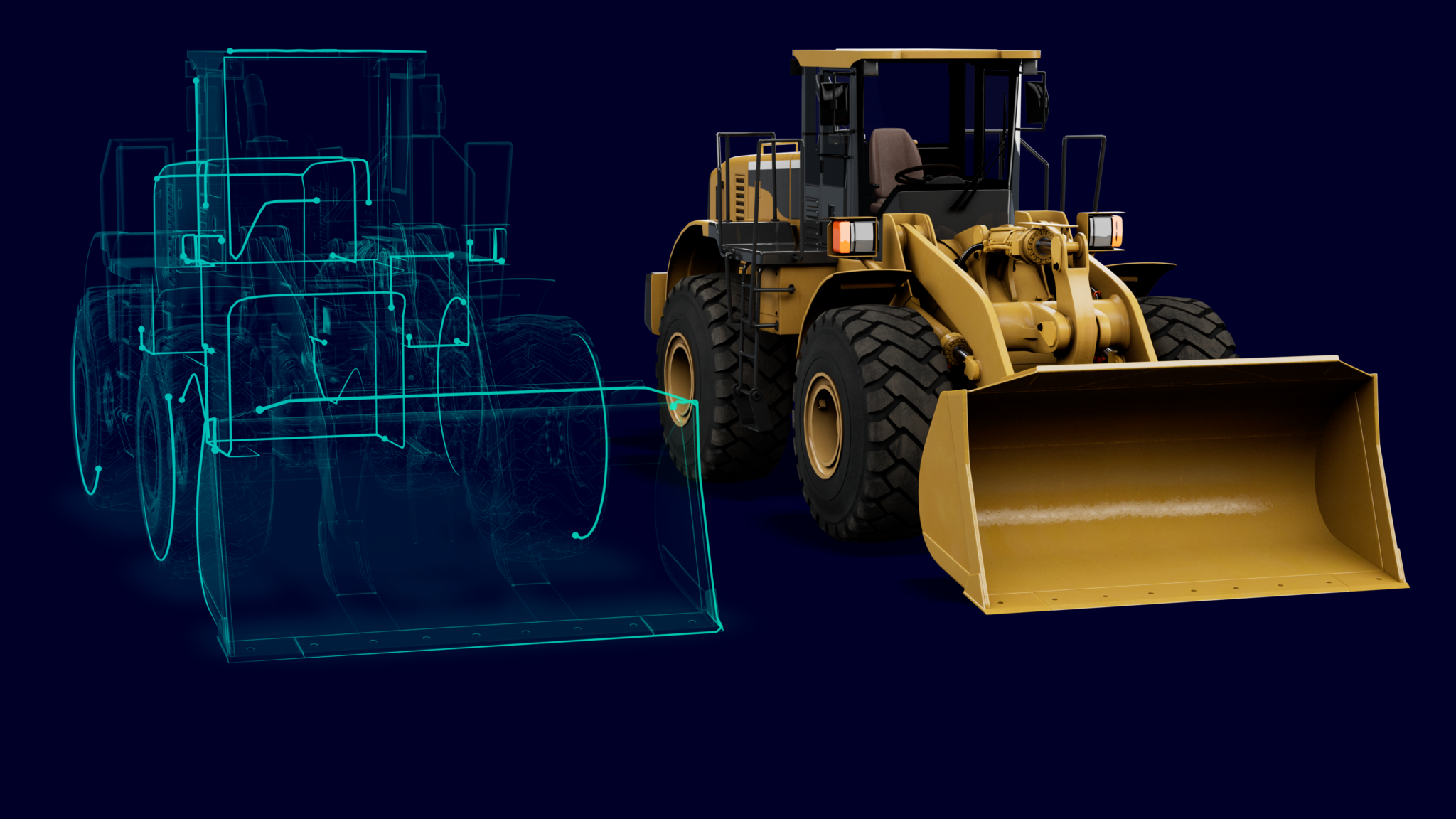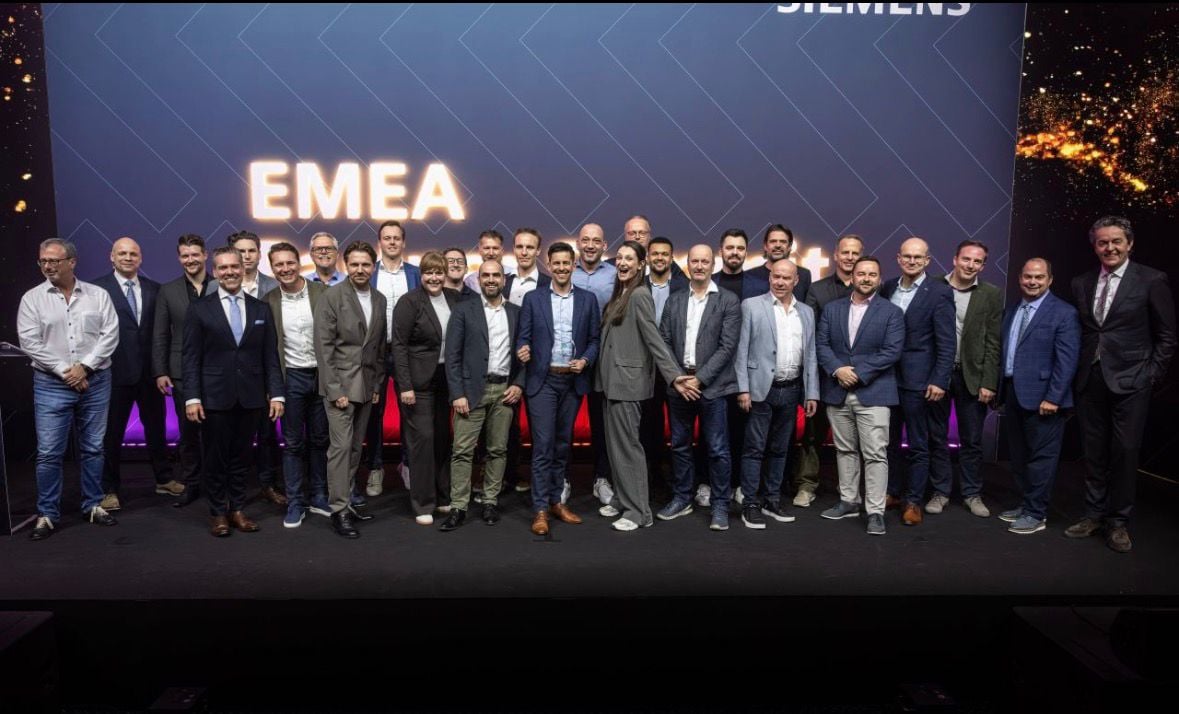Is your manufacturing ready for Cloud MES?
For many manufacturing companies, the move to a Cloud MES is no longer a question of "if" but rather of "when." As organisations grow, control multiple sites or have higher demands for integration and real-time insight, the limitations of traditional systems become more and more visible. A Cloud MES then offers the solution: it enables scale-up without heavy investments in hardware and infrastructure, integrates smoothly with ERP and PLM systems and provides up-to-date, reliable data when and where you need it.
What is often underestimated is how accessible that switch can be. Within a modern IT architecture, a Cloud MES can be implemented surprisingly quickly. Thanks to a phased approach, organisations can make the transition in a controlled way and with minimal impact on day-to-day operations. Cloud MES enables you to future-proof your production environment. Flexible, scalable and fully geared to the requirements of today and tomorrow.

/Aesseal-Logo-White.png)
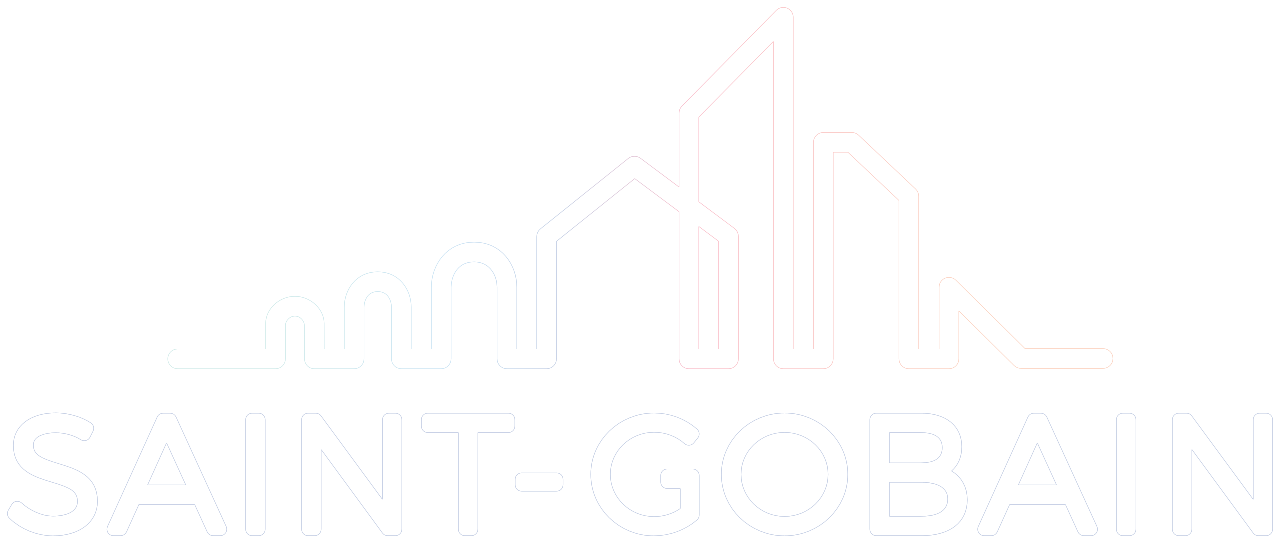
/BAE-Systems-Logo-White.png)
